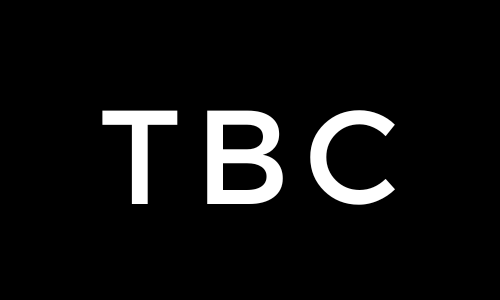Recently, news broke that major outlets like CNN and Reuters plan to introduce paywalls. This is stirring up an interesting debate in the blogging community. I’ve read writers and digital marketers asking whether this is a good thing or a bad thing for bloggers.
Well, it’s a good thing they didn’t mess up my parlay.
As someone who closely follows digital marketing news, I believe this shift presents both opportunities and challenges for bloggers. However, I see it as a net positive for those willing to adapt and find their niche. First, let’s understand the “why.”
Why Are CNN and Reuters Moving to Paywalls?

Major news organizations like CNN and Reuters are adopting paywalls to offset declining ad revenues and maintain high-quality journalism.
Makes sense. I expected this to happen sooner, given other notable changes.
The ad revenue model, the lifeblood of many digital platforms, has been under pressure due to increased competition and the use of ad-blockers.
Subscription-based models offer a more stable income stream, allowing these news organizations to invest in quality reporting without relying solely on ad dollars.
It’s similar to what other outlets like The New York Times and The Washington Post have been doing successfully for years.
What This Means for Bloggers
With CNN and Reuters adding paywalls, there’s a gap in free news that bloggers can fill. This opens up a big opportunity to offer summaries, insights, or opinions to readers who don’t want to pay for subscriptions.
However, it also raises the bar for content quality—people expect more than just basic news. Bloggers who can provide well-researched and unique takes will stand out.
On the flip side, paywalls might make it harder to source stories, so finding alternative news sources or subscribing to key outlets could become necessary.
Overall, this shift pushes bloggers to be more creative, which isn’t a bad thing.
Is This a Good or Bad Thing?
In my opinion, CNN and Reuters’ move to paywalls is generally good news for bloggers who are willing to adapt. It opens up a window of opportunity for those ready to step up their game, deliver high-quality content, and carve out a niche.
The opportunity lies in producing content that goes beyond mere news aggregation—whether it’s in-depth analysis, opinion pieces, guides, or other value-driven formats.
However, this change is not without its challenges, of course. Access to information may become more fragmented, requiring bloggers to find alternative sources for news or invest in subscriptions themselves.
It could also heighten competition as more independent creators realize the opportunity and work to fill the gaps left by paywalled (paid) content.
So, what is a writer supposed to do?
So What’s The Next Move?
Here are a few tips that come to mind.
One of the first things I would do to circumvent paywalls is diversify my sources. To keep your content fresh, try using free sources like press releases, social media, and government databases. Since many outlets also cover many stories, this can be your advantage.
The next thing I’d do is differentiate my blog. To stand out, offer something unique, like your own insights or guides. If your content is valuable, consider adding a membership option for exclusive articles or ad-free access.
Lastly, I’d collaborate like there’s no tomorrow. Believe it or not, collaboration can be a powerful strategy if done correctly. Also, guest posting with other bloggers to expand your reach and attract new readers is so underrated.
I’d be remiss not to mention that paywall extensions are available today, but just be careful.
How Do I Make Money Without Access to Paywall Content?
Well, you can technically pay and enjoy it. No one will shame you for spending, plus you can support your favorite writers and publications. In all fairness, you did enjoy it before the paywalls came up. Just food for thought.
Making money without access to paywalled content is all about creating unique and valuable content that resonates with your audience. Focus on opinion pieces, personal experiences, guides, or tutorials that showcase your expertise in a specific niche.
You can also explore affiliate marketing by recommending products or services relevant to your readers and using affiliate links to earn commissions on sales.
Another option is to create digital products, like eBooks, courses, or printables, that your audience will find helpful. Offering premium content or memberships on your blog can also generate revenue by giving your loyal readers access to exclusive content and perks.
Final Thoughts
Okay, here are my final thoughts on this whole thing.
CNN and Reuters’ decision to implement paywalls is part of a broader trend in online journalism. For bloggers, this definitely creates both opportunities and challenges because a gap is opening for those willing to create free, high-quality content. However, it also requires a more strategic content creation and sourcing approach.
Overall, I see this shift as a positive for bloggers ready to adapt. Change is constant.
The key will be to focus on quality, originality, and providing value that readers can’t easily find behind a paywall. While paywalls might complicate access to certain news sources, they also push bloggers to innovate and offer something unique to their audiences.
Enjoyed this post? Share it with others! For more tips on blogging and making money online, subscribe to our newsletter and never miss an update.
Discover more from The Blog Channel
Subscribe to get the latest posts sent to your email.









